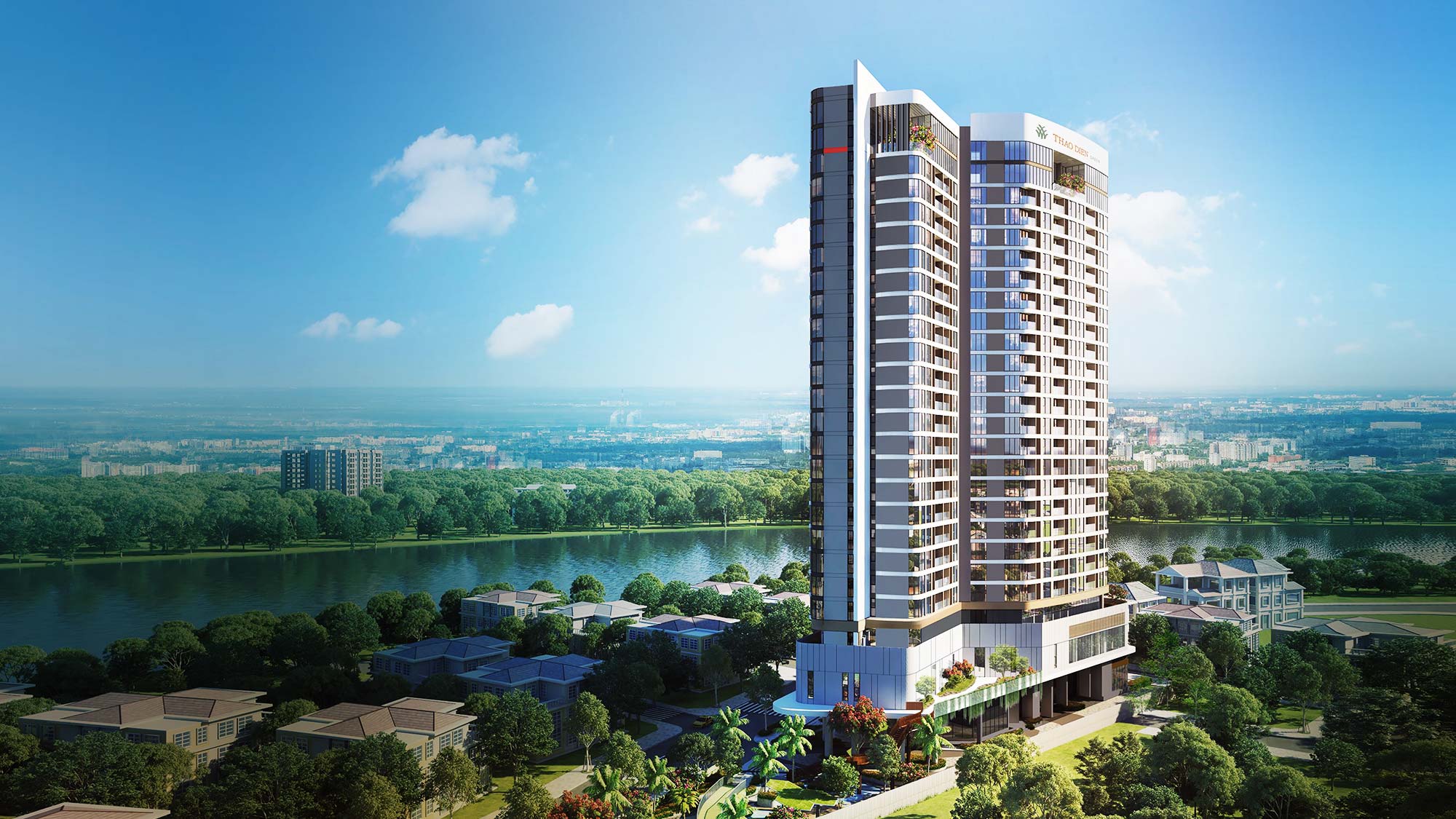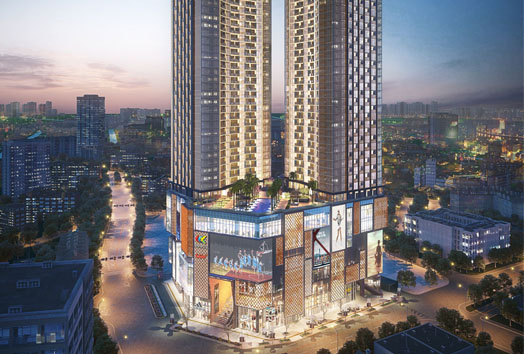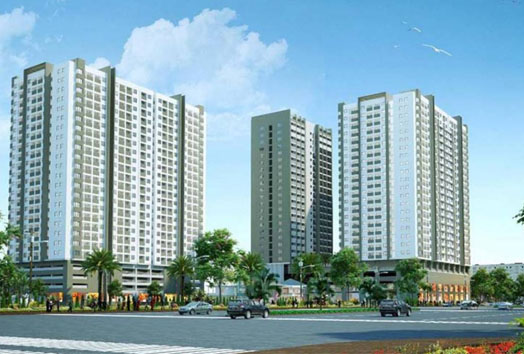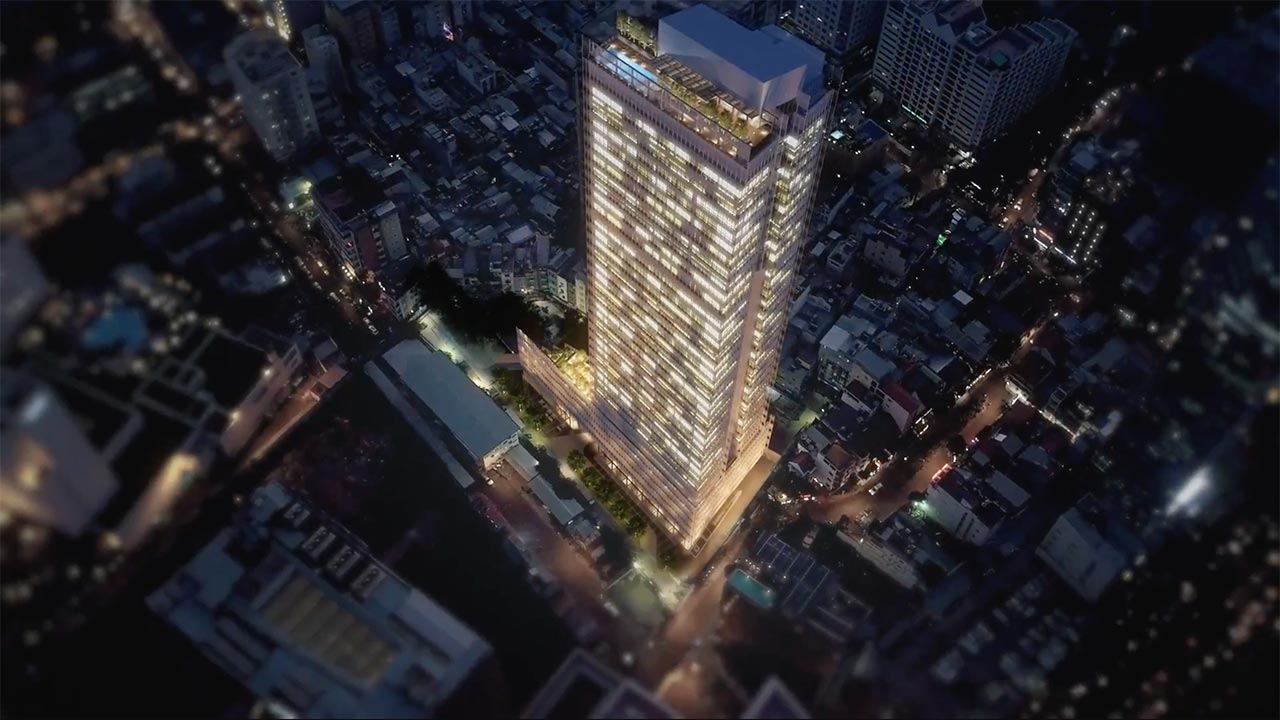Featured Projects
View MoreThao Dien Green
Nguyen Van Huong Street, Thao Dien Ward, District 2, Ho Chi Minh City
Alpha City
Cô Giang Cô Bắc, District 1, Ho Chi Minh, Vietnam
Water Bay
Thu Thiem, District 2, Ho Chi Minh, Vietnam
EcoGreen Saigon
Quan 7
The Vertex Private Residences
3A Ton Duc Thang Street - District 1, Ho Chi Minh City
Metro Star
Xa Lo Ha Noi, Ho Chi Minh
Make an Enquiry
Book an appointment with us. Alternatively, please fill the form to get for information. We will get back to you as soon as possible.








